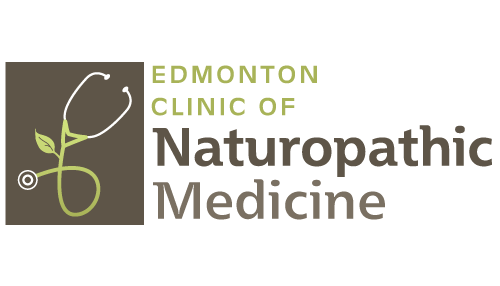Bugs & Sun!
Bugs and Sun…..summer has arrived!
So, the sun is finally here, and we would love to get out in it….except for those pesky small aircraft we lovingly call Mosquitos!
Tips to stay protected from both the sun damage and the bug bites:
We need the sun to help us make vitamin D, a vitamin known to help our mood, our immune systems, and prevent a whole host of cancers and other degenerative diseases. UVB rays are the ones that help make vitamin D in our skin, but they are also the rays that can burn our skin. UVA rays penetrate more deeply and cause some oxidative damage at the DNA level, and it is these changes that can make a variety of skin cancers over long-term exposures…
Some of the healthiest sunscreens contain ingredients that act like little mirrors and deflect the sun’s rays from penetrating the skin. Most sunscreens contain ingredients that can be absorbed into our bloodstream, and disrupt our hormone function and can be toxic.
Zinc dioxide and titanium dioxide are examples of safer ingredients to use…they are also very stable in the sun, meaning that it takes longer for them to degrade. They also protect against UVB and UVA rays ( full-spectrum) More unfavorable ingredients are: OMC or methoxycinnamate, avobenzone, PABA, oxybenzone, oxycryoline and many others. Most are not full-spectrum protection.
Opt for lotions and creams not sprays, as they are easier to inhale and can be very irritating to the lungs.
Do not opt for super-high SPF factors (50+) as they can give a false sense of secure sun protection… opt instead for a 20-30 and apply frequently.
Some of the most potent bug repellants are pretty harsh chemicals, and the fact that we repeatedly put them on our skin where they absorb, can make them dangerous to our health.
DEET is a powerful repellant, but has been shown to be a cancer-causing ingredient, can contribute to seizures and can affect brain function. It is not recommended for toddlers by the CDC. It has been known to melt plastic and fishing line!
Picaridin is an ingredient that is the most common ingredient in European repellents, and seems to be less toxic, less irritating to the skin, and may prove to be almost as effective as DEET containing products.
In areas where West Nile Virus or Malaria are found, it is important to take precautions against bites, try using minimal chemicals and focus on clothing and physical barrier methods.
Do not apply chemical insect repellents ( DEET, Picaridin) on sunburned skin, as the rate of absorption is higher, and therefore more toxic.
Natural insect repellents:
An extract made from Lemon Eucalyptus oil has been shown to be less toxic and almost as effective as some DEET products..
Essential oils of citronella, peppermint and lemon grass may be effective.
Some studies done in the 1940’s suggest that higher doses of the B vitamin Thiamine when taken orally, could possibly be a deterrent for mosquitos when taken daily for a period of time. B vitamins are water soluble and may change the scent of the skin to be less appealing to mosquitos, more research is required, but generally B vitamins are quite safe to take, but always consult a qualified practitioner to ensure that they are safe for you.
Lighter clothing, loose clothing and fragrances can help. Drinking beer and alcohol may increase your “tasty-factor” as well as sugary foods and drinks.
